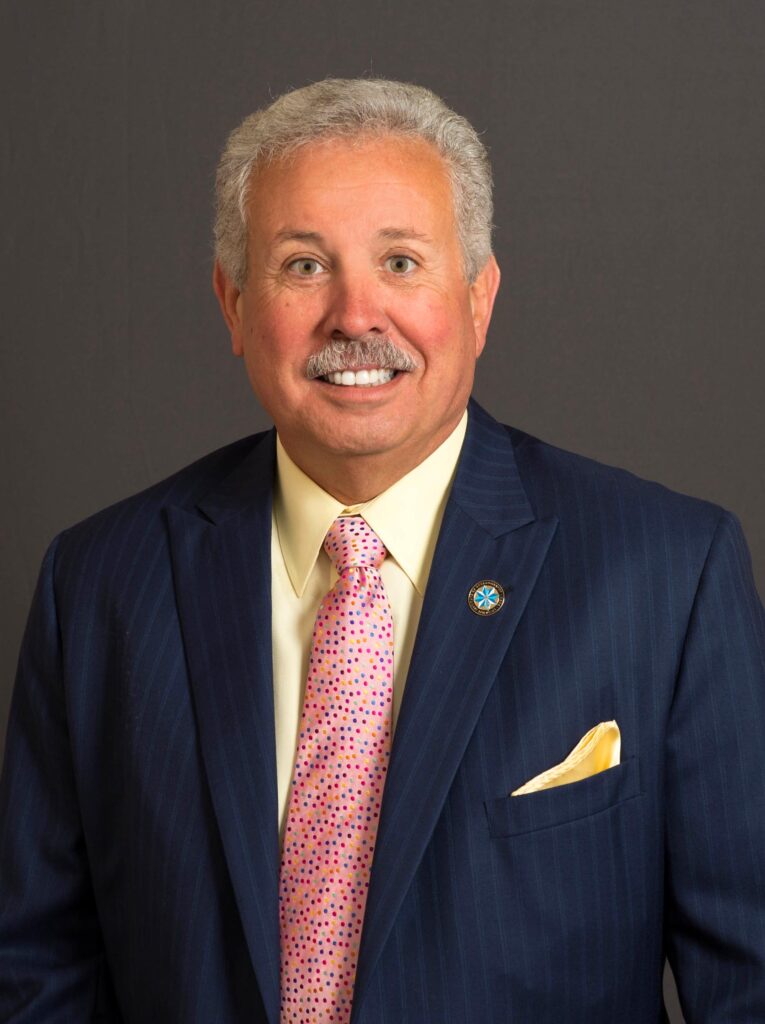
ATLANTA – Last year, a General Assembly determined to bring the benefits of high-speed internet to rural Georgia passed legislation authorizing the state’s electric membership corporations (EMCs) to deploy broadband to rural customers.
Last week, a bill that squeaked through the Georgia House of Representatives less than 90 minutes before the annual “Crossover Day” deadline fell aims to give telecom companies the financial incentive to take advantage of the 2019 measure.
“This is a Hail Mary attempt,” state Rep. Ron Stephens, R-Savannah, the bill’s chief sponsor, said from the House floor just before 11 p.m. last Thursday night. “Let’s not leave rural Georgia in the dark any more when it comes to broadband.”
While high-speed internet has become commonplace in metro Atlanta and Georgia’s other urban and suburban communities, school kids in parts of rural Georgia are forced to go to the local library so they can go online and do their homework.
Lack of adequate internet service makes it difficult for rural development authorities and chambers of commerce to attract new businesses and retain existing ones, Jaeson [CQ] Smith of the Tallapoosa Development Authority in Haralson County told members of a state Senate committee this month.
“We’ve had the issue of brain drain for the last 50 years, and it’s beginning to choke us,” he said. “We got to have internet. We got to have it a month ago.”
Broadband enthusiasts attacked the problem last year with Senate Bill 2, which authorized EMCs to deploy broadband service to their customers. Georgia’s 41 EMCs serve more than 4 million customers, primarily in rural communities.
But with EMCs charging telecom providers $20 and more to attach broadband wire or cable to each utility pole, the providers have been reluctant to take the plunge.
Lobbyists for the telecom industry told lawmakers they would be willing to launch a major investment in rural broadband if the EMCs lowered pole attachment prices. In a letter late last month, officials with Comcast revealed plans to spend $20 million on broadband deployment in rural Georgia if the attachment fees were reduced enough to justify the cost.
Michael Power, executive director of the Georgia Cable Association, said lower attachment fees would free up savings to provide broadband to 35,000 homes and businesses.
“Every dollar we save [on pole attachment fees] would allow the business of cable to deploy [broadband] in Georgia,” he said.
Sen. John Kennedy, R-Macon, introduced legislation last month requiring pole attachment fees to comply with a standard set by the Federal Communications Commission, which would represent a significant reduction from the fees EMCs have been collecting.
However, representatives of the EMCs complained a major drop in the fees would cause revenue losses they would have to pass on to their customers. As nonprofits, EMCs have no shareholders to absorb such costs.
The situation was further complicated when Sen. Steve Gooch, R-Dahlonega, who has made expanding rural broadband a top priority, pushed through a substitute to Kennedy’s bill this month requiring EMCs to provide pole attachments for free. However, the offer was to apply only in rural areas lacking broadband service, meaning telecom providers would have to pay EMCs the going rate to run broadband through suburban communities to get to those unserved rural areas.
Lobbyists for both the EMCs and the telecom industry had reason for concern about the new substitute. With the two sides unable to agree, the full Senate tabled the bill on the afternoon of Crossover Day, and the push for rural broadband appeared to be dead.
That left it to the House to resurrect the legislation. After sitting on the sidelines throughout the session, supporters in the House grabbed a bill left over from last year and essentially rewrote it.
As Stephens explained it Thursday night, the legislation calls for the Georgia Public Service Commission (PSC) to set pole attachment rates after all current contracts between EMCs and telecom providers expire. He said representatives of both sides had agreed with the bill’s provisions.
“A lot of plans have been put on the table,” House Majority Leader Jon Burns, R-Newington, said during Thursday’s night brief floor debate. “This seems to be the one that’s got the most traction.”
Despite the airing of concerns over the new regulatory authority the bill would give the PSC, the House passed it 116-44. The legislation now moves to the Senate.